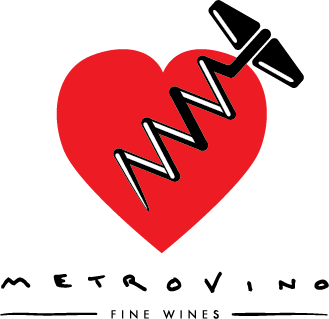Hofgut Falkenstein | Niedermennig
In my early 20s when I was first getting into wine, my thirst for knowledge was literally insatiable. It’s reassuring to know that some things never change, and at the time Hugh Johnson’s World Atlas of Wine was indispensable to me. His notes on wines from the Saar still make me salivate… “German wine… is epitomized nowhere better than in the valley of the Mosel’s tributary, the Saar. The battle for sugar in grapes rages most fiercely in this cold corner of the country… yet successful years give one of the world’s superlative and inimitable white wines; every mouthful a cause for rejoicing and wonder.”
Rejoicing and wonder?!? Holy shit!!! And there’s more:
“The qualities of Mosel wine – apple-like freshness and bite, a marvelous intermingling of honey in the scent and steel in the finish – find their apogee in Saar wine… if anything, the emphasis is more on the steel than the honey.”
Good enough, we have the template for the world’s most salivating wine, yet over many years of searching, I found very few Saar wines that one could consider disparate from those of the Mittelmosel. There are many producers who make delicious wines, but most of them are too juicy to be “steely”, or too rich to exhibit an “apple-like freshness”. However, the first time that I tasted in the enchantingly quaint cellar of Hofgut Falkenstein, I felt that I was experiencing the very Saar wines that had inspired Hugh Johnson’s praise.
It would be somewhat fatuous to proceed with a detailed bio as Lars Carlberg, who has been working at the estate for the last few years, has already written a comprehensive synopsis that I would highly recommend you check out (www.larscarlberg.com/producer/hofgut-falkenstein/). Instead, I’ll just provide the salient points.
Hofgut Falkenstein was established in 1981 by the energetic Erich Weber who is now assisted by his equally passionate and kinetic son, Johannes. Their holdings are in the northeastern corner of the Saar, all within a five minute drive of their winery and home. Though many of their vineyards were recognized for their astounding quality potential in the 19th century, most have been forgotten in the passing of time.
The Webers eschew chemical fertilizer as well as pesticides and herbicides, though some seasons require a very occasional synthetic fungicide application in order to avoid the “organic” use of copper which Erich points out is a toxic heavy metal. The grapes are entirely hand-harvested, whole-cluster pressed and fermented in old 1000L fuder via native yeasts. The wines are never racked which means that they are never taken off their gross lees. This is virtually unheard and at the time of bottling, which is done by hand and takes place cask by cask, about 40L of delicious “sludge” has to be sacrificed from each barrel. Note that if they have three barrels of spätlese feinherb from the Herrenberg vineyard, for example, this will result in three disparate wines! They feel that each fuder, all of which have names, is part of the terroir.
Falkenstein wines tend to be light, on the dry side and harmonically balanced. They are contenders for the most delicious and digestible wines that we offer and are shimmering stereotypes of everything that is singular and beautiful about Saar Riesling.


